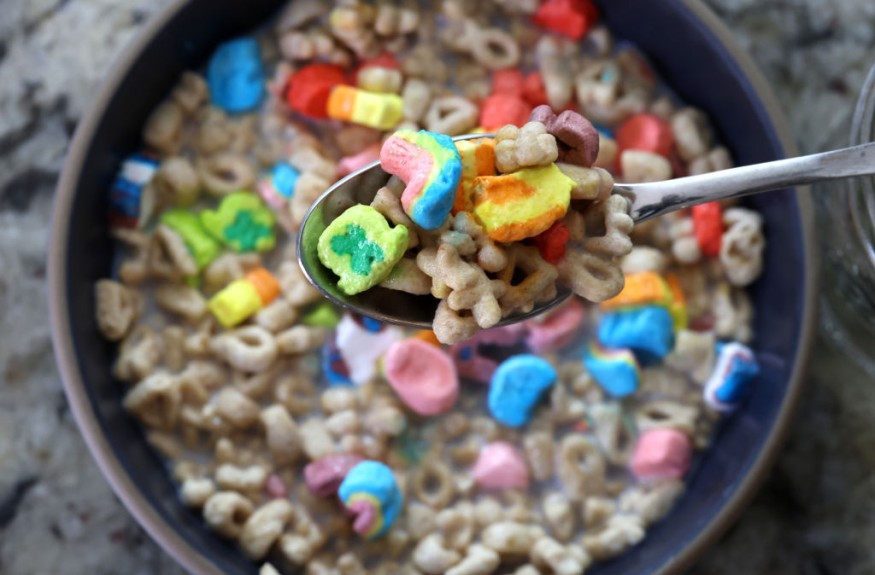
California lawmakers have voted to ban certain food additives from school lunchrooms, citing concerns over potential health risks and behavioral issues in children.
The new law, known as the California School Food Safety Act, prohibits the use of additives commonly found in popular snacks like Flamin' Hot Cheetos and Twinkies in school cafeterias across the state.
California Bans Artificial Food Dyes in Public School Foods
These food items can still be sold in stores, but they will no longer be allowed in school meals, marking a significant step in the state's efforts to promote healthier eating habits among students.
The targeted additives include food dyes such as Blue 1, Blue 2, Green 3, Red 40, Yellow 5, and Yellow 6. These dyes are often used to give snacks like Doritos, Froot Loops, Fruity Pebbles, and Jolly Ranchers their bright colors.
Supporters of the ban argue that these additives offer no nutritional value and are only used for cosmetic purposes, potentially posing risks to children's health. A 2012 study by the National Institutes of Health found that Red 3 could cause cancer in animals. Additionally, Red 40, Yellow 5, and Yellow 6 were found to be contaminated with carcinogens like benzidine, which can increase cancer risk.
The California Environmental Protection Agency's Office of Environmental Health Hazard Assessment conducted a study in 2021, which linked synthetic food dyes to hyperactivity and other neurobehavioral problems in some children. This research supported the arguments for banning these additives from school meals, according to CNN.
The bill does not ban specific products outright but targets six additives linked to behavioral problems. It is set to take effect on December 31, 2027. Despite the push for healthier school meals, some have voiced opposition. John Hewitt, a representative of the Consumer Brands Association, criticized the bill, arguing that the targeted ingredients have been proven safe.
Colored Additives Linked to Cancer, Behavioral Issues
The FDA has prohibited red dye No. 3 in cosmetics due to its link to cancer in lab animals when consumed in large amounts. However, the use of artificial colors, derived from petroleum, continues in giving foods and medicines a vibrant red color.
Research has shown that behavioral issues, such as hyperactivity, can be linked to the consumption of artificial food dyes in children. However, the FDA maintains that there is no proven causal relationship between these dyes and behavioral problems in children without diagnosed behavioral disorders.
According to NBC News, there have been concerns raised about the potential health risks linked to potassium bromate, an additive used in flour to enhance the rising of bread. Studies have indicated a possible link between this additive and cancer in laboratory animals.
Related Article : Eli Lilly Cracks Down on Cheaper Copies of Its Weight-Loss Drugs















